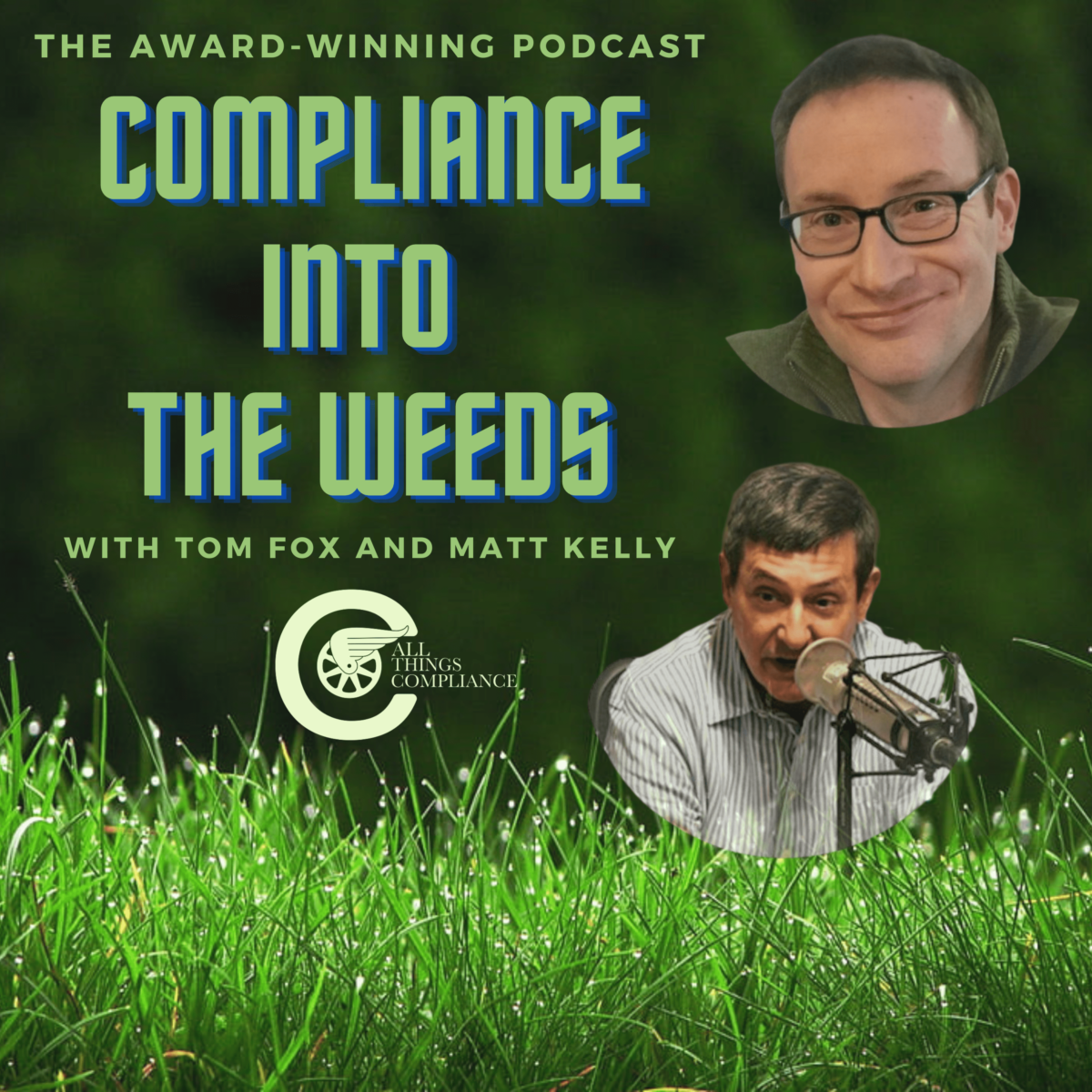Welcome to Data Driven Compliance. In this podcast, we discuss how to use data to improve and enhance the effectiveness of your compliance program, creating greater business efficiency and leading to a higher return on investment for your compliance regime. Join host Tom Fox as he explores how data will drive your compliance program to the next level. This podcast is sponsored by Kona AI.
I recently had the opportunity to visit with Vince Walden, founder and CEO of KonaAI, for a podcast series on the uses of data driven compliance. Over these five podcasts, we will discuss generative AI and ChatGPT in compliance, the profiles of corrupt payments, making the business case for data-driven compliance, what to ask for and how to ask for it, and some success stories. In Part 2, we explore the profiles of corrupt payments.
Vince Walden is an expert in identifying high-risk payments and preventing corporate corruption. His belief in the ability of data analysis and collaboration to find patterns and warning signs shapes his viewpoint on these issues. He shares his experience from a research project where companies collaborated anonymously to analyze the profiles of improper payments, using risk-scoring transactions and applying anti-corruption tests to identify high-risk attributes. Vince emphasizes the importance of transparency and access to data to proactively investigate suspicious activities, serving as a guardrail to prevent potential corruption. Join Tom Fox and Vince Walden as they delve deeper into this topic on this Data Driven Compliance podcast episode.
Key Highlights:
- Attributes of High-Risk Payments Analysis
- Uncovering Suspicious Sales Spikes in Poland
- Detecting Improper Payments with Data Analysis
Resources:
Connect with Vince Walden on LinkedIn
Check out Kona AI
Connect with Tom Fox on LinkedIn




